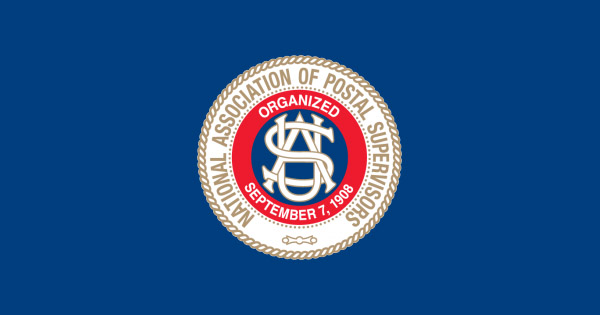Anti-Postal Provisions Likely to be Stripped from Reconciliation Bill for Violating "Byrd Rule"
As NAPS pointed out in last week’s broadcast to its members and posting to its website, several anti-EAS-level employee and anti-postal provisions included in H.R. 1, the Budget Reconciliation Bill being considered by the Senate, could be stripped from the bill because they violate the Senate’s “Byrd Rule.” NAPS is pleased to report that the offending provisions likely will not be included in the final package because they would need to receive the support of 60 senators to overcome a “point of order” – an insurmountable level as there are at least 47 Senators who oppose the provisions, including a few Republican Senators who have indicated support of NAPS’ position on the provisions.
Last week, Sen. Gary Peters, the Ranking Democrat on the Senate Homeland Security and Governmental Affairs Committee, filed objections to the provisions with the Senate Parliamentarian. NAPS has been in constant communication with Sen. Peter’s staff, as well as Senate allies on both sides of the aisle on this issue. Over the weekend, the Parliamentarian ruled the following provisions violate the Byrd Rule, making them subject to a “point of order” when H.R. 1 is being considered on the Senate floor:
- The provision would have increased the FERS contributions for all newly hired or promoted EAS-level postal employees. At-will hires would have been subject to a 5% increase and employees electing merit-based protection would have been subject to a 10% increase.
- The provision would have imposed a $350 user-fee for seeking due process through the Merit Systems Protection Board.
- The provision would have required the USPS to auction off its electric vehicle fleet and supporting infrastructure.
Even though these imminent dangers to EAS-level employees seem to have dissipated as the result of aggressive grassroots lobbying by NAPS members, the hazards remain through the next general election in 2026.
